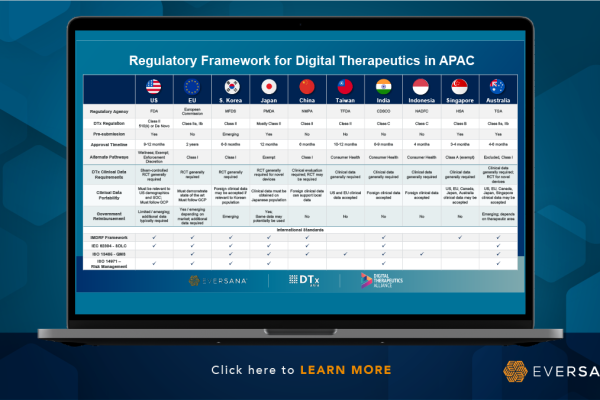
Kory Dillman
Director, Global Regulatory Consulting
Expertise:
With over 25 years in business and technology operations, Kory brings a wealth of experience to the ever-evolving medical device field. He partners with companies developing medical devices, leveraging his deep understanding of global regulations, quality systems, software development life cycle (SDLC), and business process management to translate product goals and functionalities into actionable regulatory strategies. His diverse experience spans various diagnostic and therapeutic areas, including cardiology, radiology, neurology, surgery, dental, and women’s health. He’s also well-versed in a variety of medical device types such as digital therapeutics, computer-assisted detection/diagnosis, digital pathology, patient monitoring, artificial intelligence, and consumer products.
Driven by a collaborative approach, Kory has built a strong track record of leading successful regulatory submissions in key global markets including but not limited to Australia, Brazil, Canada, EU, and U.S. He also fosters positive relationships with regulatory bodies, acting as a trusted liaison for his clients. His commitment to ensuring compliance with industry standards like IEC 62304, ISO 13485, and ISO 14971 demonstrates his dedication to developing safe, reliable, and globally marketable medical devices.







